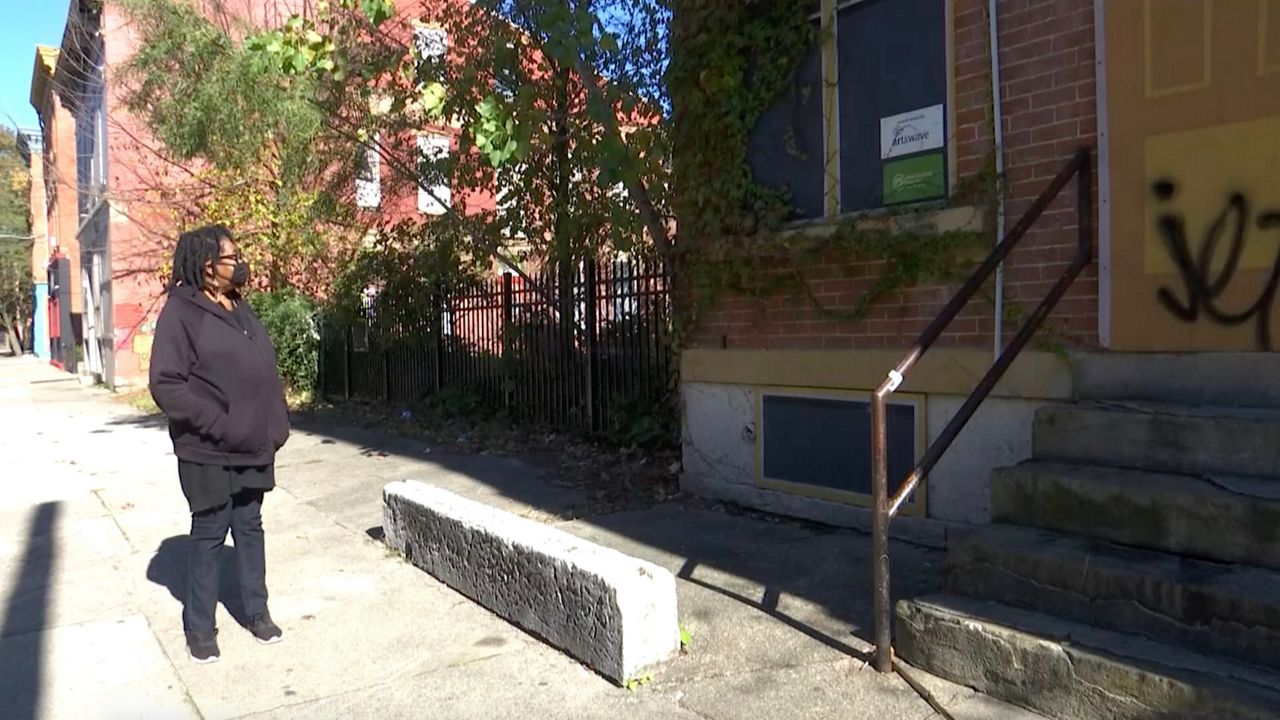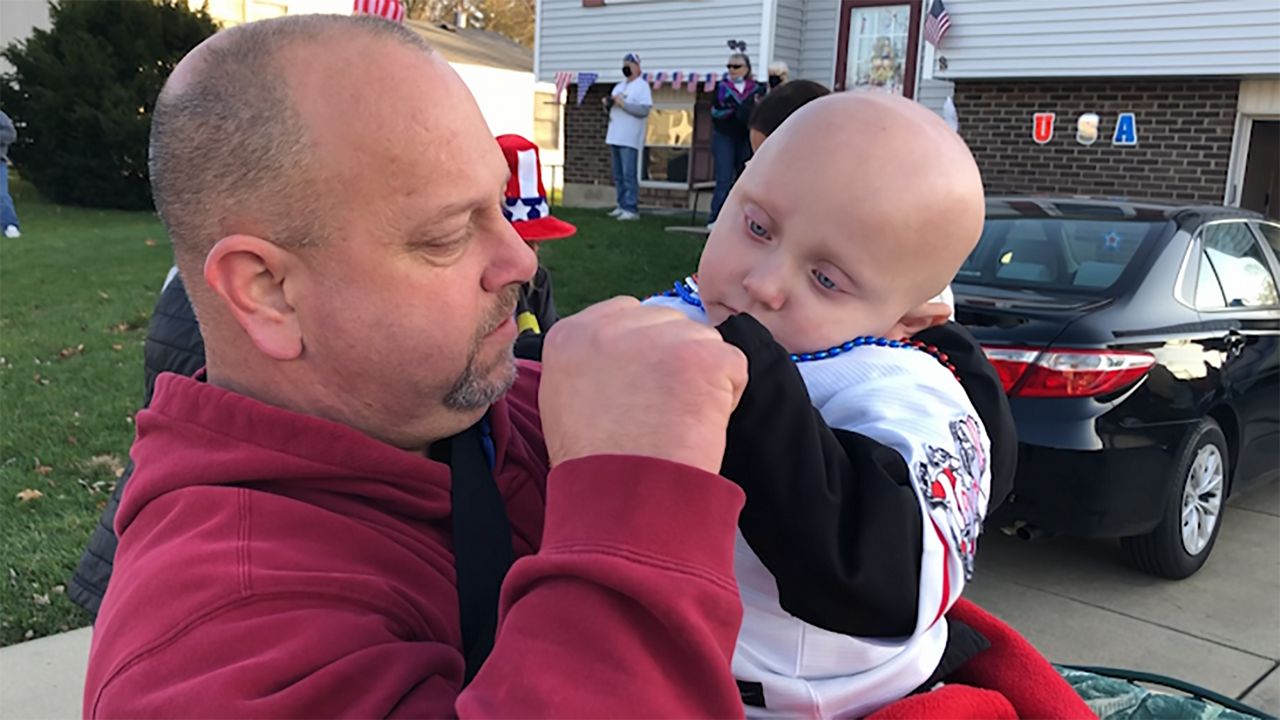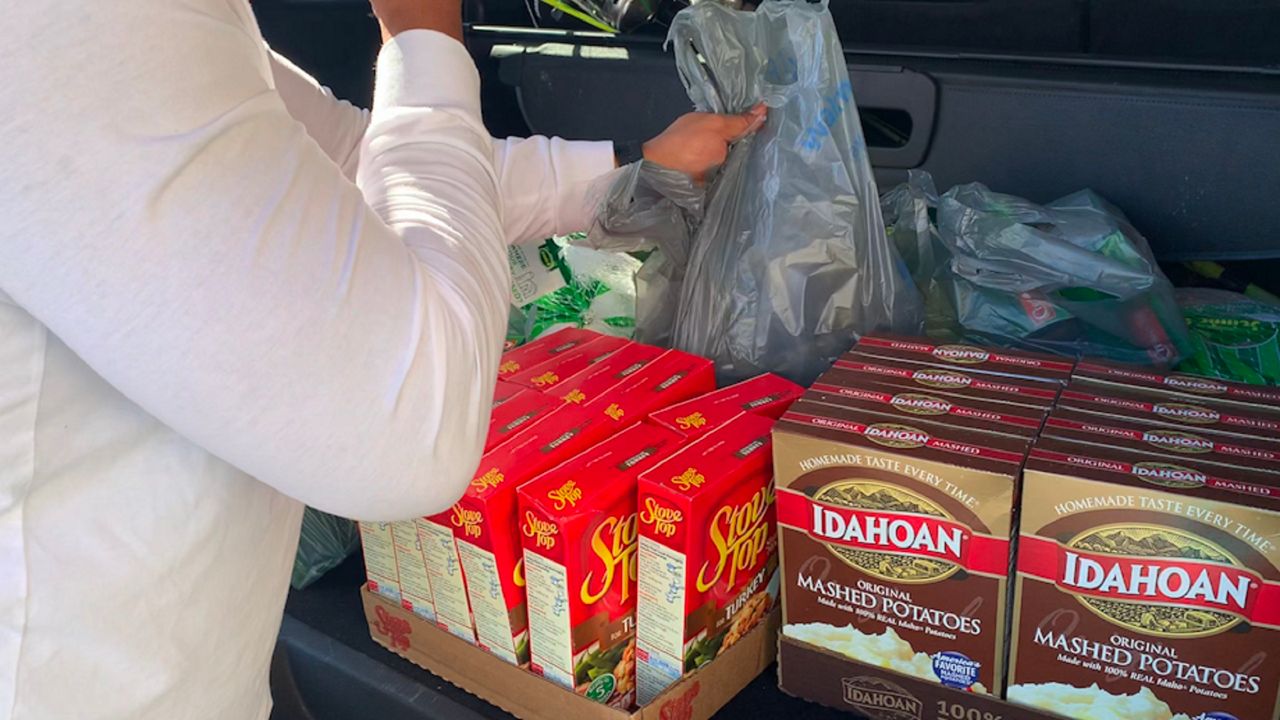CLEVELAND — Malaz Elgemiabby grew up in Sudan. She’s lived all over the world and has called Cleveland home for about five years.
What You Need To Know
- The first phase of The Greater Cleveland COVID-19 Rapid Response Fund granted more than $8.6 million to nearly 160 nonprofits
- During the last several months, that fund awarded $700,000 to Neighborhood Connections to allow the nonprofit to help smaller-scale efforts
- Neighborhood Connections kicked in additional money to award matching grants that range from $500 to $5,000
- Most recently, $335,000 was awarded to Neighborhood Connections to support three newly established PPE distribution centers around the Cleveland area
“You’d be surprised how similar people are in everywhere you go,” she said.
She is an architect, designer, photographer, artist, and teacher who is passionate about preserving and celebrating her culture.
“Building the community, and more importantly, also unifying our community," said Elgemiabby.
Last year, The Sudanese Culture Center officially was formed in Cleveland. There are about 400 Sudanese immigrants and Sudanese Revolution refugees who are part of the group.
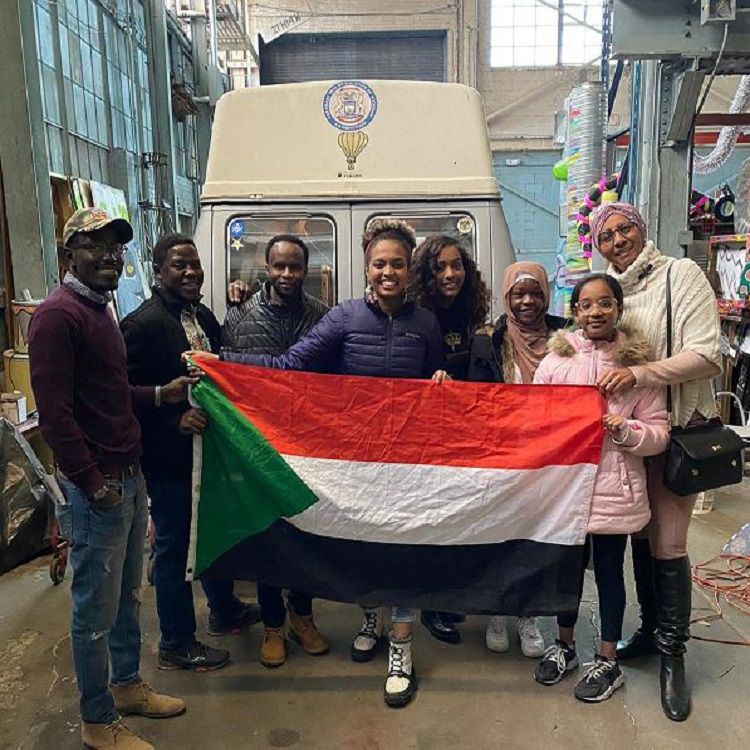
The center helps them acclimate to their new home through a sense of community.
“Have something that’s part of us in the community in Cleveland. Our sort of, like, our imprint,” said Elgemiabby.
Elgemiabby created The Salam Project. In Arabic, “salam” means “peace.”
The project focuses on storytelling and photography centered on capturing what it means to be a Sudanese American.
It happens inside a mobile recording studio.
“Where we can go to people where they are and tell their stories,” Elgemiabby said. “We call it ‘Habboba Van,’ which ‘habboba’ in Sudanese means ‘grandmother’ and we know that the grandmother is the storyteller and the story collector as well, as well as community builder. So, we wanted that vehicle to be the vehicle of transformation for our community.”
COVID-19 inspired the Sudanese Culture Center to start a weekend community school that teaches digital literacy classes for adults, and Arabic and Sudan history to children.
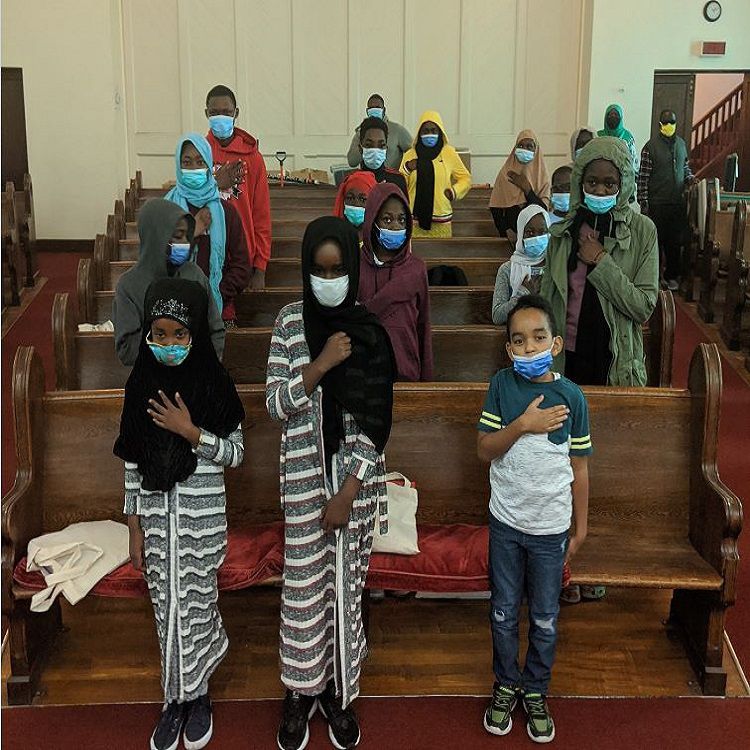
“So they can learn and be engaged in a meaningful way around their identity,” said Elgemiabby.
These projects are funded by multiple sources, including a grant from Neighborhood Connections and its network, Neighbor Up.
“To understand each other, to build cross relationships between people, you know, from different races, different ethnicities, different geographies, different parts of the city, different socio economic backgrounds all of those things to come together and say how do we solve problems together,” said Tom O'Brien, director of Neighborhood Connections.
He said that for the last 17 years, the nonprofit has awarded grants to nearly 3,000 grassroots community groups and worked to evoke change institutionally and systemically by giving everyone a seat at the table.
The first phase of The Greater Cleveland COVID-19 Rapid Response Fund granted more than $8.6 million to nearly 160 nonprofits, including Neighborhood Connections.
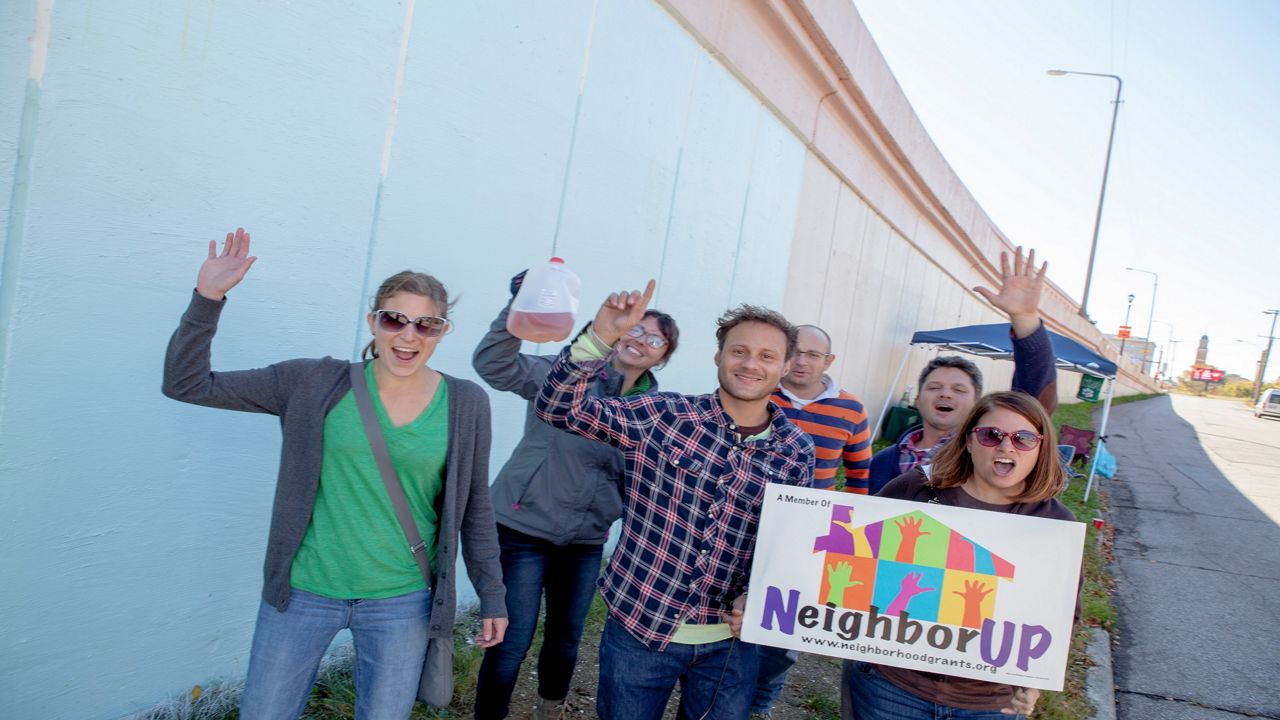
During the last several months, that fund awarded $700,000 to Neighborhood Connections to allow the nonprofit to help smaller-scale efforts like The Salam Project.
Neighborhood Connections contributed additional money to award matching grants that range from $500 to $5,000.
To date, 90 neighborhood civic group projects have been funded this way.
“What we’re funding is neighbor to neighbor work. So, really people on their street or in their communities supporting their neighbors and building relationships with their neighbors,” said O'Brien.
Most recently, $335,000 was awarded from The Greater Cleveland COVID-19 Rapid Response Fund to Neighborhood Connections. The money will support three newly-established PPE distribution centers around the Cleveland area.
For more information or to apply for a grant through Neighborhood Connections, click here.
To apply for a grant through The Greater Cleveland COVID-19 Rapid Response Fund or to learn more, click here.
To donate to the "Habboba Van" effort, click here.





